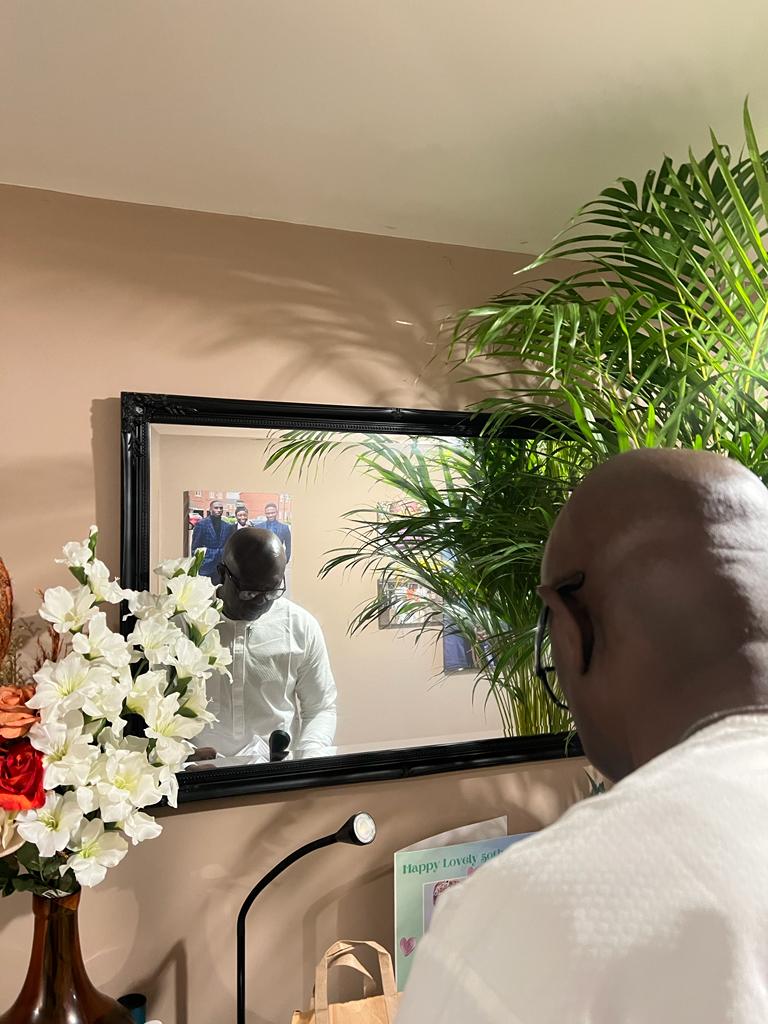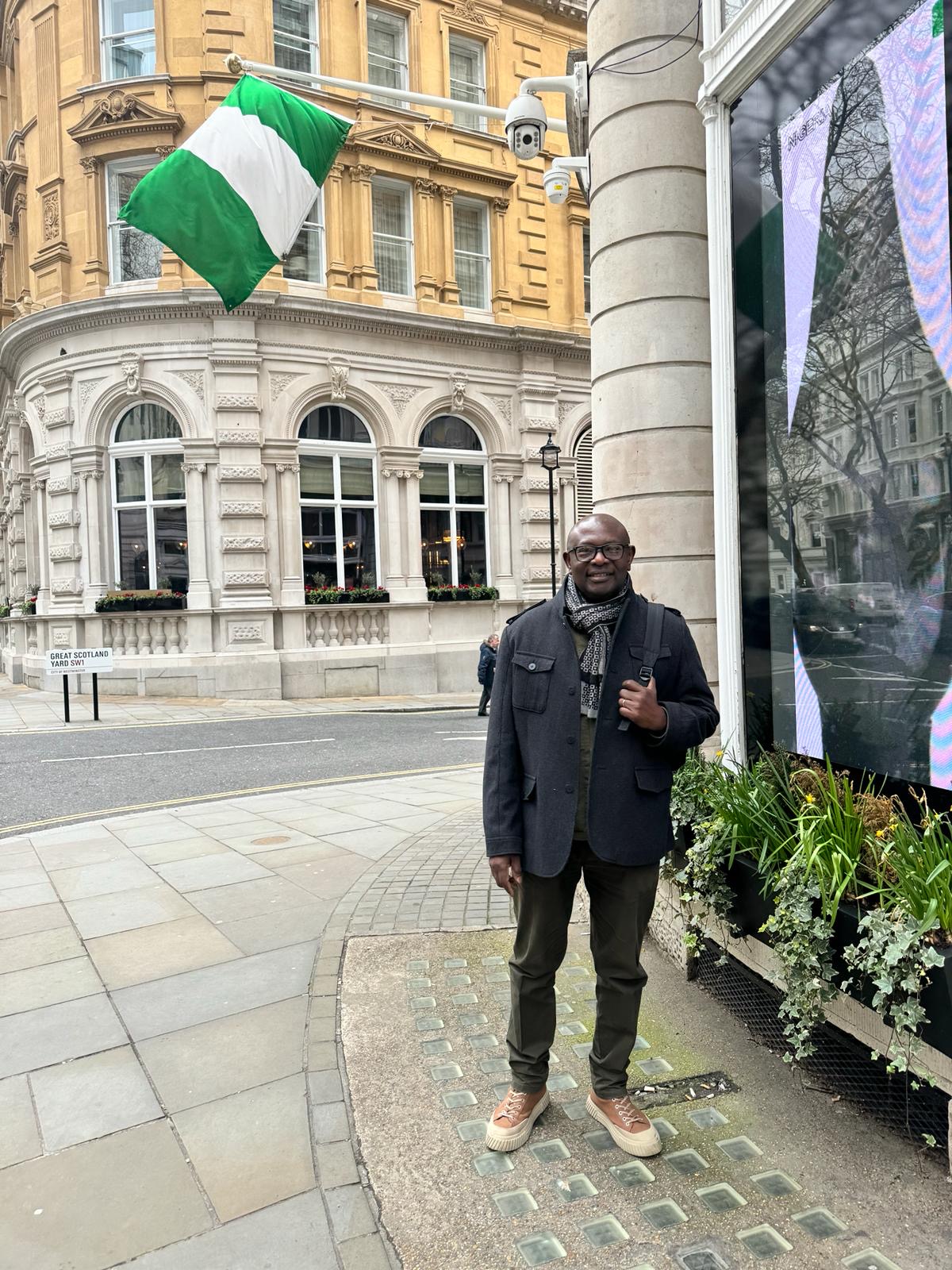By M. Babajide-Alabi
The ‘historic’ visit of President Muhammad Buhari to the United States of America has long come and gone. Mr President had returned to Nigeria, while his host, Barrack Obama had afterwards undertaken a tour of certain African countries, including his ancestral home, Kenya. The U.S. President’s visit to Africa immediately after Buhari’s sojourn had somewhat over shadowed the importance of meeting the president of the country once referred to as “Giant of Africa”.
Unfortunately the “giant of Africa” was not included in the list of countries the U.S. President visited. This is the fourth time Obama had come so close to Nigeria, yet could not get to honour its leaders with even a touch-down visit. Observers are shocked by what they believe is deliberate “snubbing” of the most populated black country in the world. You cannot blame him though as the hitherto opposition “groups” in Nigeria had “propagated” to the world that in Nigeria, human rights violation is a daily thing. So why would Obama, or any “world class” leader want to visit? They would rather “invite” our president to their “model” countries.
Obama kicked off his visit to Africa in a country that can best be described as his source of life. It was his father’s country of birth – Kenya. Trust Africans for their friendliness and respect for visitors, and especially for the most powerful man in the world, who, coincidentally is a “son of the soil.” Obama was treated like a lost son who had come back home. Unfortunately for the Kenyans, their son had not come to stay, he was on official duties.
Obama demonstrated during this visit that he was no stranger to the traditions and cultures of Kenya. His earlier visits as a “non starter” some years back and later as a senator had definitely prepared him for what to expect. He did not disappoint them as he ate some of their foods, and also showed his host that he still had a few impressive Kenyan dance steps.
After a successful outing in Kenya, the President headed to Ethiopia where he was also warmly welcomed. Obama made history in Addis Ababa as the first sitting U.S. President to address the African Union. He called on the leaders to end political corruption in the continent. He did not hide his disappointment in leaders who try as much as possible to perpetuate their stay in power.
In all, the visit was a success for the American president. As Obama was rounding off in Ethiopia, Nigerians were still talking about their president’s visit to the U.S. It might have been two weeks after the visit, the ripples were yet to settle. The debates were on going in traditional choice of venues where Nigerians discuss their affairs – the local palm wine shop, beer joints, motor parks, public transport etc – were all bubbling with activities.
For the past one week, we have been analyzing what the gains and losses of the visit are. Not many kept quiet on the number, composition and activities of the delegation that “toured” God’s Own Country. Even before the visit, Nigerians queried the size of the delegation, and condemned the inclusion of certain individuals who they believed could not have served any purpose on the visit. It was therefore no surprise when during the visit, comments on social media were suggesting some members of the delegation were actually on sight seeing ventures.
We shook our heads in disbelief and frustration when in some meetings, only the US officials were seen taking notes. Our delegates had no “notes taking devices” with them. Why should they? More also through out the visit they all appeared too relaxed and non challant in their postures as some of them were captured, on camera, in positions that suggested they might have felt really “sleepy” or simply bored with what they came there for. To say Nigerians were disappointed in the “activities” of some of the delegates is to say the least.
Observers have criticised the President for not seemingly realising the importance of the visit to Nigeria’s image. They argued that the visit was a rare opportunity to repair the seriously battered image of the country abroad, especially in the US. However, our leaders did not take it as a means to shore up any image, rather it was taken as a sort of jamboree and sight seeing “historic” visit for them to see and probably “feel” the “first black president of the United States”.
To some of the delegates it was instant success, in as much as they had the “golden handshake” from President Obama. The visit was just a photo opportunity with the U.S. President to show their grandchildren in future or to include in a chapter of their yet to be written memoirs. It was therefore a matter of time, before their publicists had the pictures all over the newspapers and the social media. And wait a minute, also on billboards, advertising, “This Is The Real Change”. An handshake with Obama was the “real change” people voted for?
Nigerians argued that it is no “rocket science” that when leaders visit other countries, they go with the best technocrats their countries can produce so as to maximise and negotiate the best deals for their countries. Nigeria’s case seem to be the opposite. I am aware there were some civil servants on the delegation that worked behind the curtains, but what is the assurance that the quality was not same as “fronted” by these politicians?
To the relief of everybody the president and the delegation are back at home. The only achievement of the visit is the sensitization of the international community to the “promise” of the new government to fight corruption and terrorism. It did not go beyond sensitisation.
Although to the Buhari government this visit was a success even if the main desire to get the US to lift the ban on the sale of arms and ammunitions to Nigeria was not achieved, and no policy statement from the host on Nigeria’s corruption “crisis”. There were hopes before the visit that Boko Haram’s days in Nigeria were numbered. These hopes had soon died down on realising that we are not out of the woods yet in fighting terrorism. Majority of Nigerians, including President Buhari, are disappointed in the fact that nothing concrete was gotten out of the United States. This is evident in his words – ‘Unwittingly, and I dare say unintentionally, the application of the Leahy Law Amendment by the United States government has aided and abetted the Boko Haram terrorists.’
The Leahy Law states that “no assistance shall be furnished to any unit of the security forces of a foreign country, if the Secretary of State has credible information that such unit has committed a gross violation of human rights”. And by killing Boko Haram jihadists, the Nigerian army is adjudged to have violated human rights – according to the opposition groups. Therefore, no assistance should be expected from the U.S. Period.
Published in Sunday Vanguard of August 2nd, 2015. Click HERE.








Leave a reply